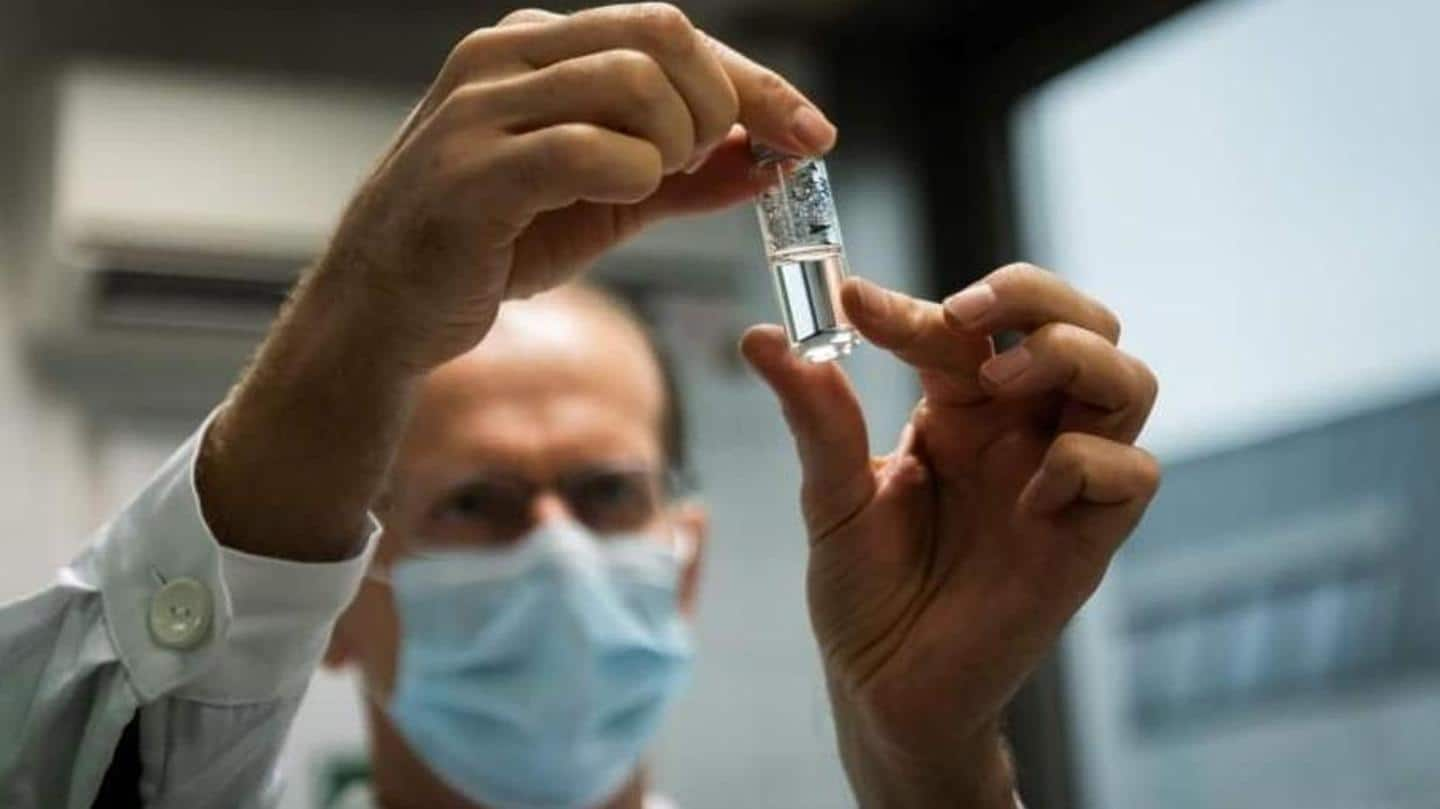
Russia, AstraZeneca to test combination of COVID-19 shots
What's the story
Developers of the Russian coronavirus vaccine Sputnik V on Monday announced signing an agreement with AstraZeneca to test a combination of the British drug maker's COVID-19 shots and a component of the vaccine created in Moscow.
The developers of Sputnik V proposed the approach to AstraZeneca last month, suggesting it could increase the effectiveness of the British vaccine.
Details
A memorandum of cooperation has been signed
The company announced on December 11 a study to test the combination, and on Monday signed a memorandum of cooperation with Moscow-based medical research facility the Gamaleya Institute, the Russian Direct Investment Fund, and Russian drug maker R-Pharm.
AstraZeneca developed its vaccine with Oxford University. The Gamaleya Institute developed Sputnik V, and the Russian Direct Investment Fund bankrolled the project.
Details
The trials are expected to start 'in the nearest future'
Speaking at a teleconference marking the signing of the memorandum, Russian President Vladimir Putin hailed this cooperation.
He said, "It will make it possible to achieve a breakthrough while working on vaccines and on a number of other vitally important medicines."
The trials are expected to start "in the nearest future," according to Kirill Dmitriev, head of the Russian Direct Investment Fund.
Information
In August, Russia was criticized for giving vaccine regulatory approval
In August, Russia was criticized for giving regulatory approval to Sputnik V, after the vaccine was only been tested on a few dozen people.
This month, Russian authorities started mass vaccinations with Sputnik V, even though it is still undergoing advanced studies among tens of thousands of people needed to ensure its safety and effectiveness.
Details
How effective are the two vaccines?
A conclusion based on 78 infections among nearly 23,000 participants says the Russian vaccine is 91% effective and the vaccine developed by AstraZeneca and Oxford University suggests it is safe and about 70 percent effective.
Health officials hope to rely on the British vaccine due to its comparatively low cost, availability, and ease of use.
However, questions about its effectiveness on older individuals remain.